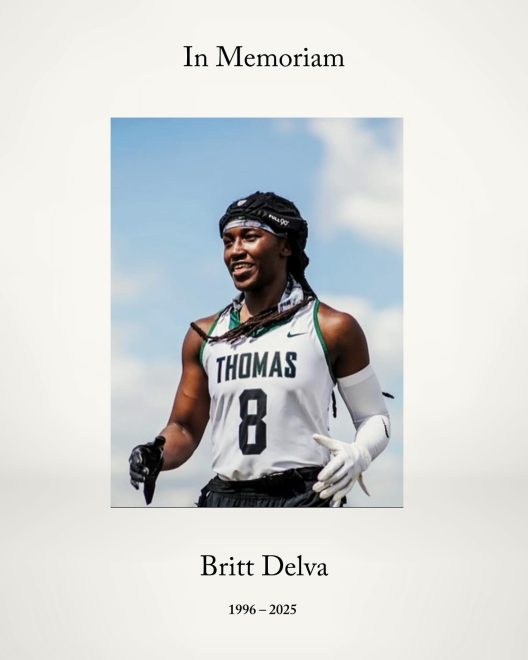Opponents cite environmental concerns
Published 6:50 pm Thursday, January 27, 2011
Not everyone is for the Whigham Rattlesnake Roundup and some environmentalists and advocacy groups would like the event to be discontinued or changed.
The Center for Biological Diversity and allies Coastal Plains Institute and Land Conservancy and One More Generation sent a letter to the Grady County Sheriff’s Office this week, calling for enforcement of state wildlife laws at “rattlesnake roundups,” according to a center news release sent to the Times-Enterprise.
Jim Ries, along with his young children Carter and Olivia, began One More Generation to help conserve endangered and threatened species so they might survive for one more generation and beyond.
The family will be at the roundup with Thomasville Environmentalist Beth Grant.
Ries said they are not anti-town and applaud communities like Whigham for taking steps to support itself; however, they feel a change in the festival would be better for the environment and still be just as successful for the town.
“We’re going down to observe the event,” Ries said. “We’re hoping to have an opportunity to meet with organizers and town folks who do this every year and see if we can get them to understand it is better to switch over to a festival environment that celebrates the species.
“And, some communities who have changed over to festivals that celebrate the species have been just as financially successful.”
Grant said she is part of a group associated with Dr. Bruce Means, “the foremost international expert on the Eastern Diamondback Rattlesnake,” known as Protect All Living Species, or PALS.
“Rattlesnake roundups not only gather and kill scores of snakes, but also damage and kill countless other species who also find shelter in gopher tortoise burrows,” she said.
Organizers said most of the hunters who bring snakes to the roundup have been participants for many years and have proven to do things “above the board.” They also said the roundup does not accept baby snakes.
“I don’t see where there is any scientific evidence that what we are doing is detrimental to the environment,” Travis Shepherd, Whigham Community Club president, said. “I see as many rattlesnakes while I’m out marking timber as I did 25 years ago.
“Most of the people around here are very conscientious of the environment and are not trying to destroy it,” Shepherd added. “We probably average between 100 and 150 snakes each year.”





